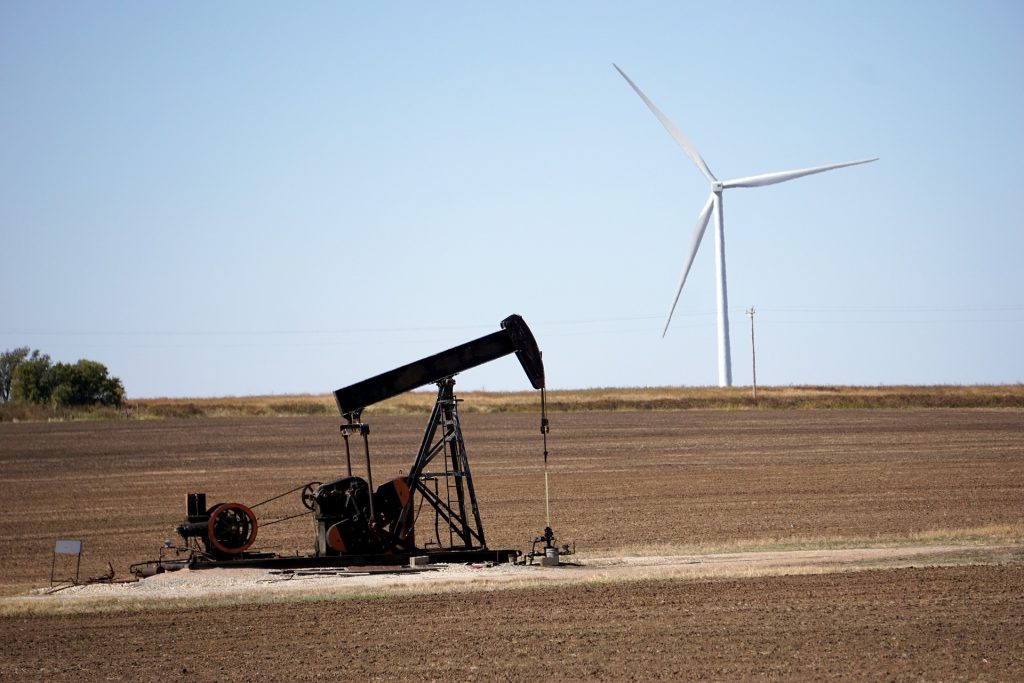Rusty Rumley, Senior Staff Attorney
The oil and gas industry is cyclical by nature. Sometimes the economics of the industry are profitable while other times are much tougher. The recent decrease in the cost of crude oil has created a situation where some oil companies may be forced to declare bankruptcy. How will this affect landowners? The answer may very well depend on the state where your property is located.
Oil and gas companies typically clean up well locations after the well has stopped producing petroleum products in paying quantities. This means removing the tank battery, pumpjack, and other equipment used in the recovery of oil and gas. It also includes restoring the location that was created for the drilling rig and remediation of the surface to something resembling the original condition. But what if the company operating a well on your property goes bankrupt? What are your rights as the landowner? Before the question arises, however, an initial consideration is whether the well has actually been abandoned. Just because you do not see activity on a well site for months does not necessarily mean that’s the case. Many mineral leases may allow the petroleum company to pay “shut-in” royalties to halt production for short periods of time for some reason and still hold the lease open. If a landowner would like to confirm a well’s status, the way to do so is to contact whatever state agency regulates the oil and gas industry in their state.
The rights that a landowner has in this situation can be complicated and it often depends on several factors such as what state the property is located in and whether cleanup was addressed in the lease agreement that the mineral owner originally signed. Generally speaking, the solution is to have the company that drills and operates the well to plug it and clean up the site, but it is not uncommon for larger oil and gas companies to sell marginal wells to smaller companies that would then be responsible for cleanup at a later date. What if the new company does not have the resources to properly cleanup the location? Does your mineral lease agreement have language requiring a bond or other guarantee that money will be available for cleanup? Further, many agreements may not discuss surface rights or cleanup at all because the mineral owners may not have any ownership interest in the surface of the property.
This discrepancy between surface owners and mineral owners is what brings state law into play. About 10 states have enacted a surface damages act to protect the surface owner(s) from damages caused by oil and gas production. These laws are often broader than just cleanup and can allow for the landowner to recover for damages caused by any exploration or construction activities on the property. However, it is important to point out that states do differ- sometimes drastically- on the types and levels of protection afforded. Some states, such as Oklahoma, may require petroleum companies to enter into negotiations with the surface owner to deal with these issues proactively. To learn more about state surface owner protection statutes, and to determine if your state has passed a similar law, click here.
However, surface damage acts of any kind are not typical- most states have not passed one. If your state does not have a surface damages act and the petroleum company has gone out of business, many states (including Texas and Arkansas) have a state-run cleanup program to address abandoned well locations. Landowners must contact the state agency in charge of running similar programs to initiate a conversation about cleaning up an abandoned well.
While this is a topic that is not directly related to agricultural law, in uncertain economic times it is important for rural landowners to know their rights and to know who to contact in their state when situations involving abandoned oil and gas wells arise.
